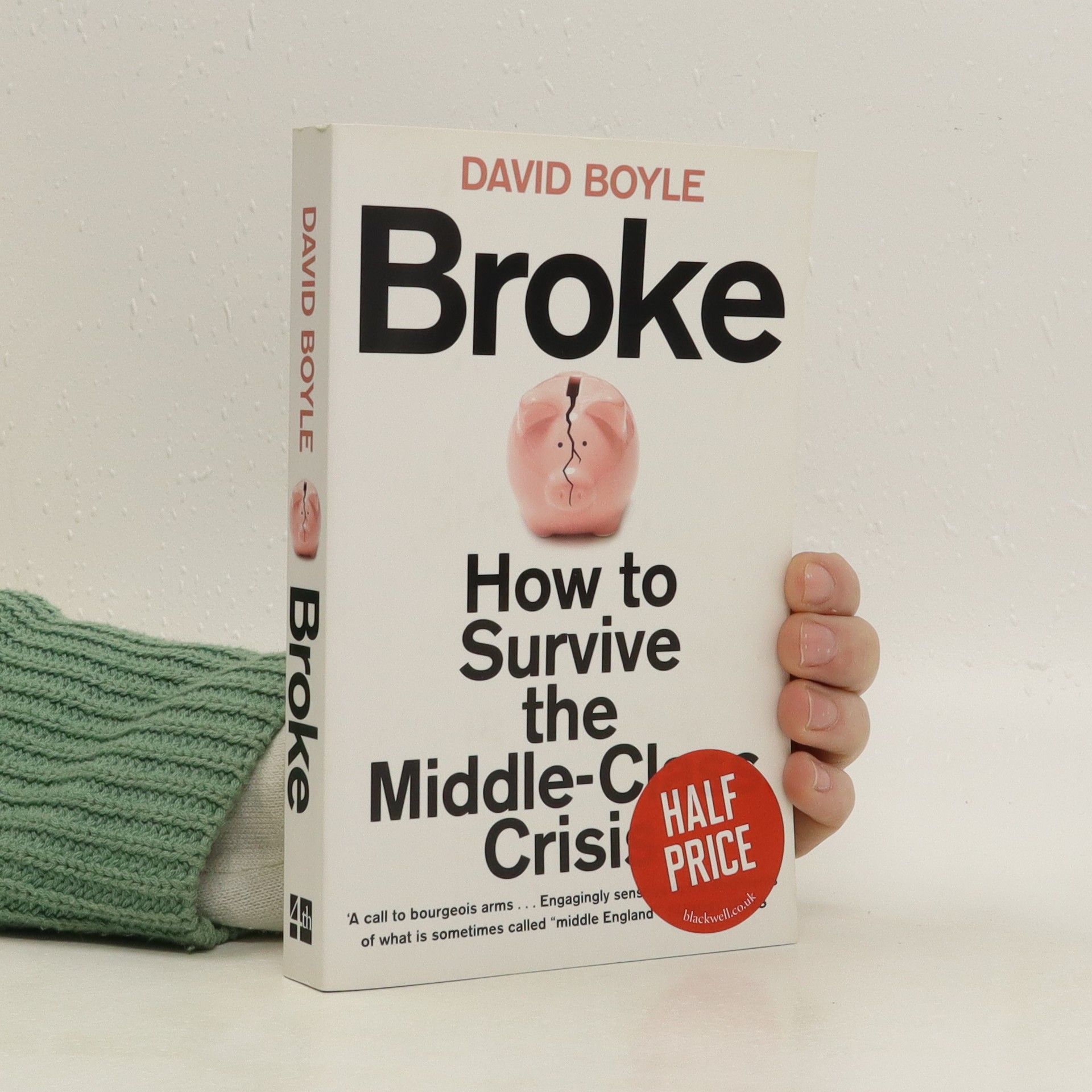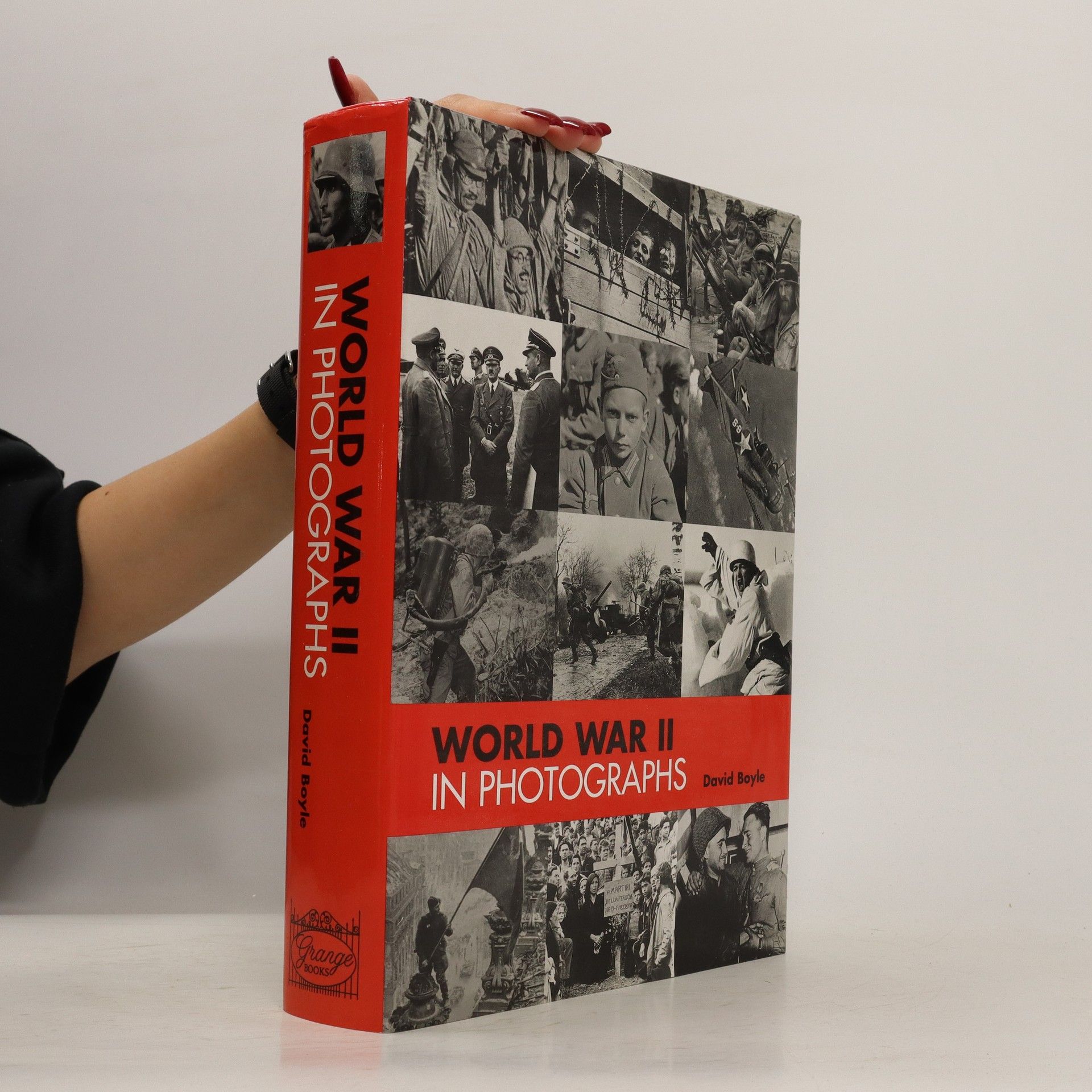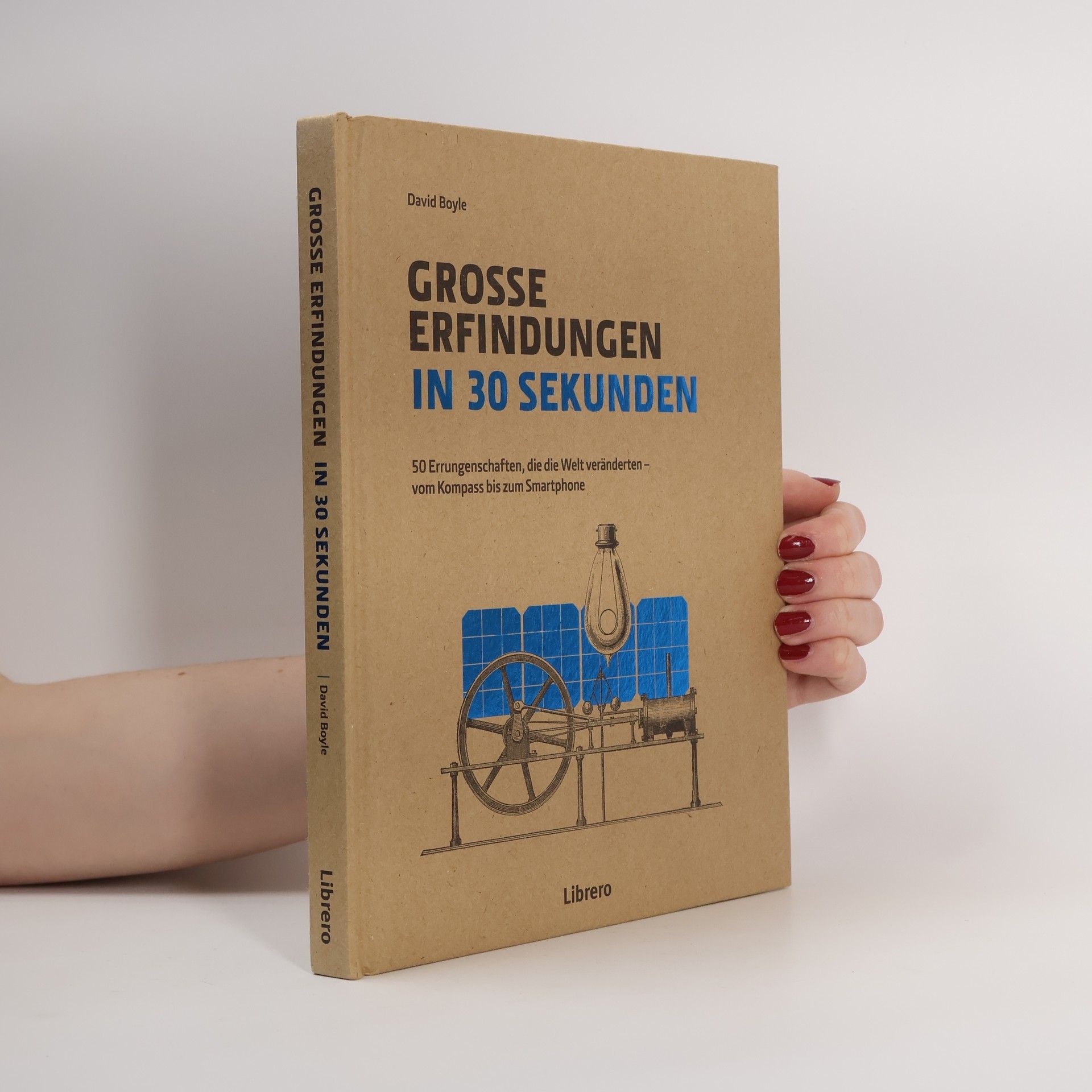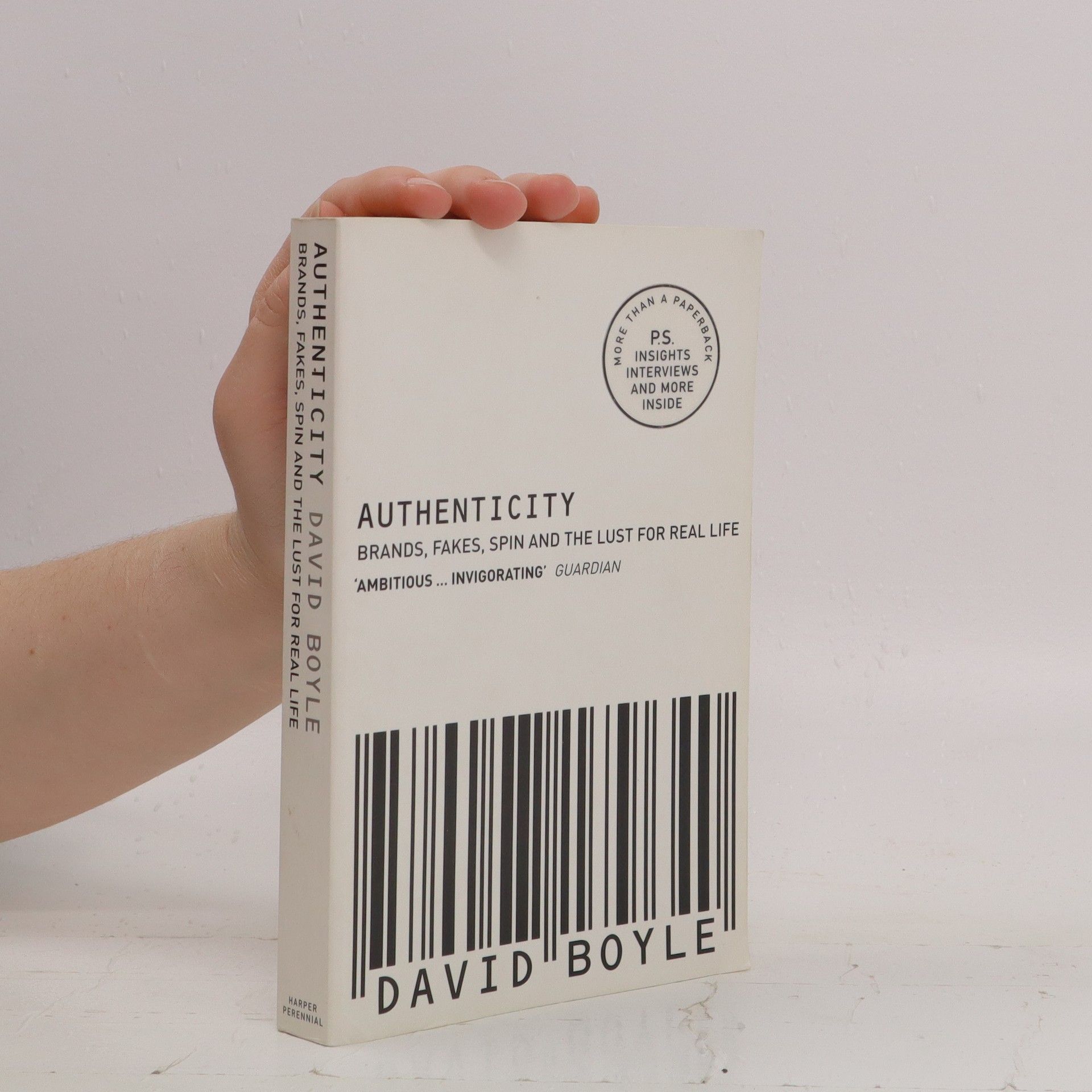David Boyle Bücher
David Boyle ist ein Autor, dessen Werk zeitgenössische Phänomene kritisch beleuchtet und sich auf Geschichte, gesellschaftlichen Wandel und die Zukunft konzentriert. Er hat die Suche nach Authentizität als sozialen Treiber untersucht und gesellschaftlichen Widerstand gegen übermäßige staatliche Zielvorgaben treffend vorhergesagt. Boyle war maßgeblich an der Etablierung der Zeitbankenbewegung in Großbritannien beteiligt, trug zur Reform des öffentlichen Dienstes bei und beeinflusste Diskussionen über die Zukunft von Freiwilligenarbeit, Städten und Wirtschaft. Seine Schriften befassen sich mit der sich entwickelnden Landschaft von Geld und Währungssystemen.






Wer kennt nicht die berühmte Geschichte aus der griechischen Mythologie: Der trojanische Königssohn Paris entführt die schöne Helena, Gemahlin des griechischen Königs Menelaos. Der Frauenraub führt schließlich zum Feldzug der Griechen gegen Troja, der für Troja bekanntlich schlecht ausging. Die Helden der Geschichte - Agamemnon, Achill, Patroklos, Ajax und Odysseus auf griechischer, Priamos, Hektor oder Äneas auf trojanischer Seite – sind längst ebenso Legende wie die Götter des Olymp, die immer wieder in den Kampf um Troja eingreifen und mal der einen, mal der anderen Seite einen Vorteil verschaffen. Homers Epos vom ›Zorn des Achilleus‹, die Ilias, ist einer der großen Klassiker der Weltliteratur. In 24 Gesängen schildert das Epos die Endphase des zehnjährigen Kampfes um Troja. Die Kapitelgliederung des vorliegenden Bandes lehnt sich an diese 24 Gesänge an, in deren Rahmen die Ilias nacherzählt wird. Wörtliche Zitate aus der Ilias wechseln dabei mit einer freien, gut lesbaren Nacherzählung der Ereignisse. Die Dramatis Personae werden einleitend im Überblick behandelt und innerhalb der Kapitel in Kästen in der Randspalte nochmals näher vorgestellt. In der Randspalte sind außerdem Sachbegriffe zu Sitten und Kultur der alten Griechen kurz erläutert, etwa zu Kriegsführung, Waffen und Rüstung, Streitwagen, Heilkunst oder auch Begräbnisriten.
For the first time ever, today's middle classes will struggle to enjoy the same privileges of security and comfort that their grandparents did. How did this situation come about? What can be done about it? In this inquiry, David Boyle questions why the middle classes are diminishing and how their status, independence and values are being eroded.
30-Second Great Inventions
- 160 Seiten
- 6 Lesestunden
Great Inventions in 30 Seconds looks at fifty groundbreaking innovations - together with the individuals behind the ideas - that really have changed the world.
Authenticity : brands, fakes, spin and the lust for real life
- 352 Seiten
- 13 Lesestunden
David Boyle guides us through the next big thing in Western living – the determined rejection of the fake, the virtual, the spun and the mass-produced, in the search for authenticity. The charms of the global and virtual future we were all brought up to expect, where meals would be eaten in the form of pills and machines would do all our work, have worn rather thin. It's not that we don't want all the advantages of progress, we just want a future that manages to be local and real too. Tracking the struggle for reality from Japanese theme parks to mock-Tudor villas and from Byron to Big Brother, ‘Authenticity’ explains where our reactions against spin and fakeness come from – and where they are going. The current revival of real food, real business, real culture flies in the face of expert opinion from politicians, economists, advertisers and big business – and they're having to run to keep up as our hype attention-span gets ever shorter. Optimistic, witty, highly thought-provoking and packed with fascinating stories, Boyle’s search asks whether coolness is dead, how real reality is and whether realpolitik can ever change into real politics. He puts authenticity firmly on the map, lifting the lid on all the other symptoms of this powerful new phenomenon – revealing the unexpected force that looks set to change all our lives.
Edge City UK: Abomination or new urban form?
- 104 Seiten
- 4 Lesestunden
Three decades ago, the Washington Post writer Joel Garreau published his book Edge City. It was subtitled ‘Life on the new American frontier’, and it caused a huge stir on both sides of the Atlantic.In it, he identified a new kind of place - often yet to be recorded on a road atlas - that was shaping the way Americans lived. But what about the UK? Has the erosion of our planning system - not to mention the covid lockdowns, and our crumbling high streets - been sending us in a similar direction?David Boyle and Lesley Yarranton both followed the debate from opposite sides of the world, when the UK shuddered at the edge city idea. But a great deal has changed since then. This book takes them in search of a British version of a big American ideal.With a foreword by Sue Pritchard, chief executive of the Food, Farming and Countryside Commission.
The Xanthe Schneider Enigma Files
- 370 Seiten
- 13 Lesestunden
Set against a backdrop of tension and uncertainty, the narrative immerses readers in an era marked by paranoia and danger. The author skillfully portrays the emotional and psychological landscape of the time, drawing on authentic experiences to create a compelling story. With vivid characters and a gripping plot, the book explores the complexities of human behavior in the face of societal upheaval, making it a poignant reflection on resilience and fear.
